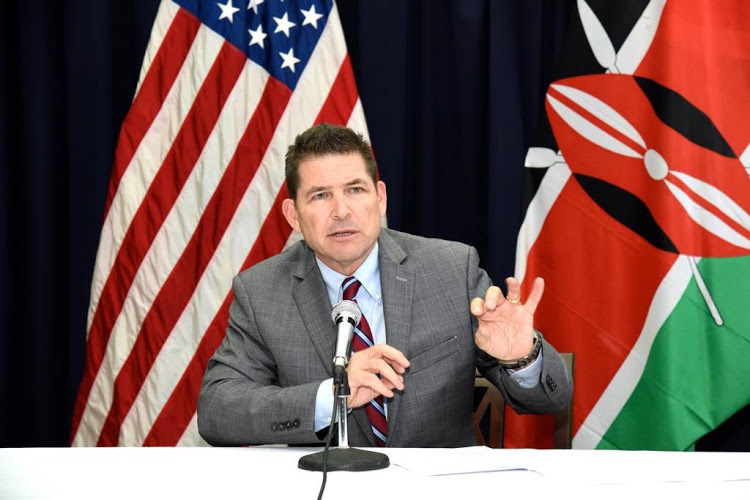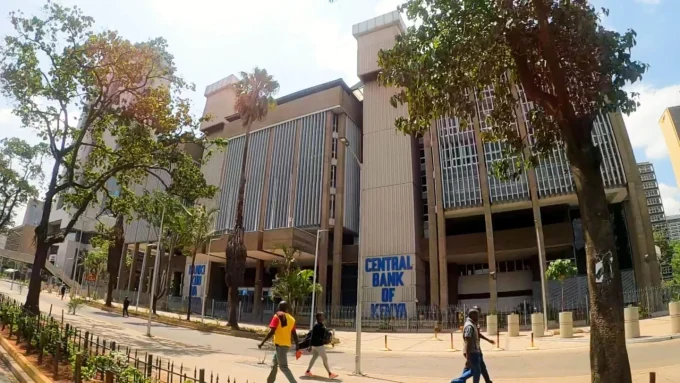The United States (US) government on Wednesday announced that it has granted Kenya Ksh5.3 billion (USD50 million) to support Kenya’s COVID-19 response and recovery efforts.
US Embassy in Kenya said the grant will be funneled through the U.S. Agency for International Development (USAID) and will be used to tackle the immediate and longer-term challenges that COVID-19 is posing.
“The American people have always been generous to those in need around the world, and today Kenya is facing the compound challenges of COVID-19, flooding, and locusts. We are focusing on ensuring resources get to the counties and communities because Kenya’s communities are Kenya’s greatest asset in overcoming these challenges,” stated U.S. Ambassador Kyle McCarter.
According to USAID, about Ksh1.5 billion ($15 million) will be used to strengthen health and water systems and ensure effective communication and community engagement to ensure Kenyans are healthy.
Further, another Ksh2.8 billion ($27.8 million) has been earmarked as a kitty for Small and Medium Enterprises (SMEs) to ensure small businesses can stay afloat, the agribusiness sector can maintain an operational food supply chain, and short-term emergency food as well as longer-term food security.
Nearly Ksh610 million ($6,166,000) has been set aside to facilitate Kenyan learners continue with their education via distance learning, the money will also be used to help young people gain jobs in emerging areas, and to bolster citizen- responsive governance to mitigate the possibility of civil unrest.
“U.S. funds directly benefit Kenyans. We partner with the Kenyan government, NGOs, the civil society and local organizations and institutions to support the Kenyan people. The U.S. requires our partners to adhere to rigorous reporting requirements and standards,” stated USAID Mission Director Mark Meassick.
To date, the USAID has facilitated the training of more than 1,600 health workers in 35 counties;
“Personal protective equipment (PPE) was repurposed from the Ebola outbreak response to protect health care workers; labs are being provided diagnostic and capacity-building support to meet the ever-increasing testing demand,” added Meassick













Leave a comment